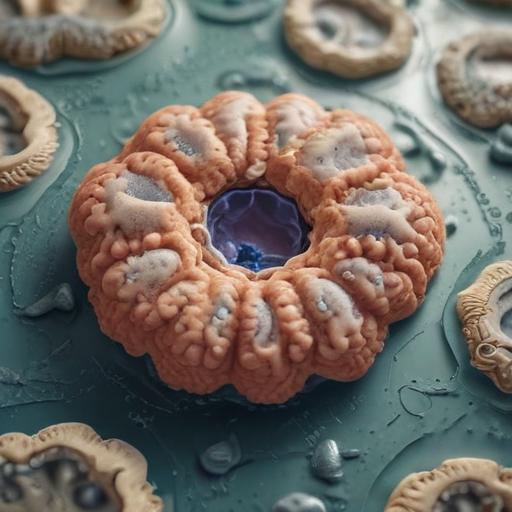Health officials in South Carolina have confirmed a case of the brain-eating amoeba, Naegleria fowleri, the South Carolina Department of Health reported. This case was verified during the week of July 7, although the specific location has not been disclosed.
Naegleria fowleri is known to thrive in warm freshwater environments, such as lakes and rivers. According to the Centers for Disease Control and Prevention (CDC), infections occur when water contaning the amoeba enters the nose, which can lead to primary amebic meningoencephalitis (PAM), a rare but severe neurological condition. The CDC notes that while fewer than ten cases of PAM occur annually in the United States, it is often fatal.
The state’s health authorities clarified that testing for Naegleria fowleri is not mandated, and individual cases are not tracked or disclosed publicly. Nevertheless, officials urged recreational water users to assume the presence of the amoeba in warm freshwater without undue panic, as the actual risk of infection remains low.
Infection typically occurs during warmer months when water temperatures rise and levels drop. Symptoms of PAM include headaches, fever, nausea, and confusion, which can escalate quickly, with a high fatality rate observed within days of the onset of symptoms.
To mitigate the risk of infection, health officials recommend that swimmers take protective measures, such as using nose clips when diving into fresh water and avoiding shallow areas where the amoeba is likely to inhabit. Importantly, PAM cannot be contracted through drinking water or from person to person.
Despite the severe implications of a Naegleria fowleri infection, awareness and understanding of prevention strategies can empower recreational water users to enjoy natural water bodies safely.
